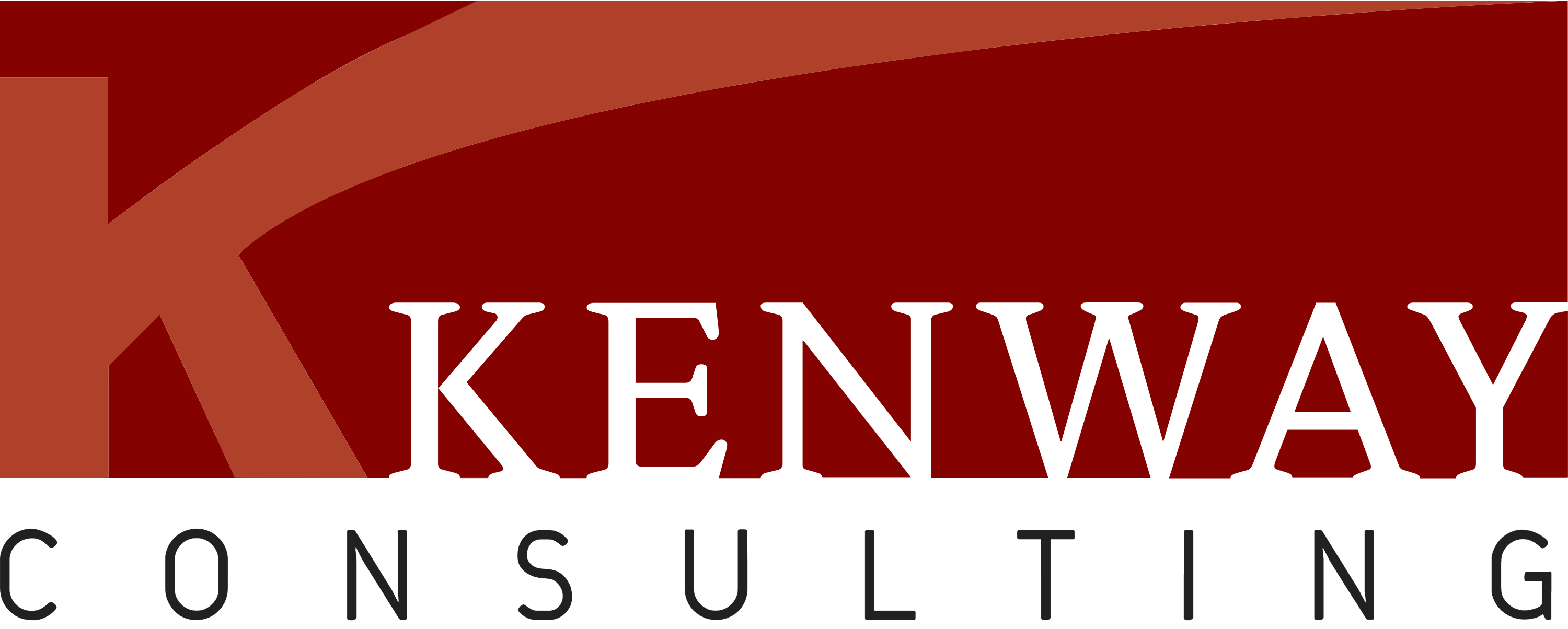The Case for Growth

As Kenway celebrates its 10th Anniversary this month, there is no doubt much time spent on reflection on past failures, accomplishments and the many lessons learned from both. Much of this quarter’s newsletter hearkens the past, celebrates it and cements Kenway’s place in Chicago’s consulting services industry. I take great pride in the kind words written by my fellow Kenway employees who write about their experience wearing both the hat of an employee, but also the hat of an employer as, in many ways, each of us has helped shape what Kenway Consulting has become today.
When I think of my professional career, I realize that I have consistently been given the feedback that I don’t take the time to enjoy success, and that I spend too much energy on my weaknesses and not enough time on my strengths. Well, after years of hearing that feedback and frankly not doing much about it, I’ve decided that the feedback isn’t so much a call to action, as it is simply a statement of fact. And you know what? I’m ok with it. I don’t mind focusing on my weaknesses. Heck, it keeps me busy, since the list is long! So, in line with my pension for improvement, I’m going to look at the past ten years and reflect less on the many pride-filled successes and more on the missed opportunities upon which we must capitalize in the next month, the next year and the next decade. In a word, it is growth. Growth, not as a goal, but as a necessary outcome of doing what we do. Now, we have grown every year in our ten year existence. So, in a way, the outcome has already been achieved. However, my hope is that in the days that are ahead, we are intentional about it, and less accidental, and capitalize on Kenway’s potential, which I believe has been far greater than our actual performance to date.
This past week, I sat down one-on-one with the Chair of a CEO Peer Group in which I’ve been a member for the past two years. I was speaking to her about our growth, and she asked me, “Why is Growth Important to Kenway?” And for about one minute, I was stumped. I honestly didn’t have a ready-made answer. Growth’s importance to Kenway is not to increase revenues, or to hire more people, or to diversify our client base or even to create opportunities for promotion by going from a smaller company to a larger company. Sure, those are all great outcomes, but they are not the things upon which we base our success. So, as I sat there dumbfounded without an answer, she asked a follow-up question, “You have always said that you started the company for which you always wanted to work, why is growth important for that company?” Then, it hit me.
I started Kenway Consulting because I believed there was an alternative to what I was seeing in the consulting landscape. I felt there was a way to focus on delivery, and let sales and growth be by-products of being good and spreading the word. I felt there was a way to focus on always doing right, even if that meant dips in revenue, believing that in the long run, growth would result from the integrity and good will that permeated. I felt there was a way to hire and retain talented personnel by focusing less on corporate goals, and more on the unique personal and professional goals of each employee. These were the attributes of the company for which I always wanted to work.
So what is the case for growth? To me, there are still far too many companies that get burned by consulting firms who over-promise and under-deliver. There are far too many consulting firms who sell services to their clients that, frankly, aren’t needed. And there are far too many great employees out there who work for these consulting firms, and day dream about the company for whom they always wanted to work, and might not believe exists. This is our case for growth. To spread the word to the people who may be a fit at Kenway. And to spread the word to companies who could benefit from what we provide. It is my belief that we have barely scratched the surface on both camps.
So, back to my one-on-one last week, my answer was an impassioned stream of consciousness focused on the sadness I felt for the companies that got burned in the past ten years going with the over-sellers and under-deliverers, and for the many good people who work for the companies doing the over-selling. Mix all that with a little “woe is me” that Kenway isn’t winning the business and hiring these people, and it brought me to my case for growth. And here it is:
Kenway needs to grow as a moral imperative. We need to grow because it is the right thing to do: for the companies with whom we do business and the people we hire. The case is as simple as that.







